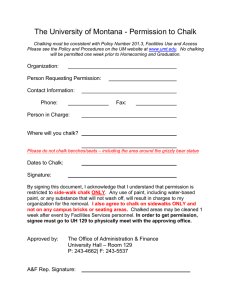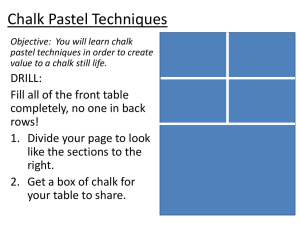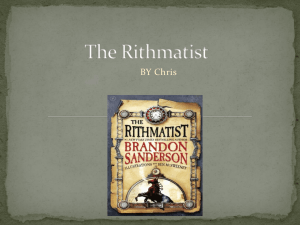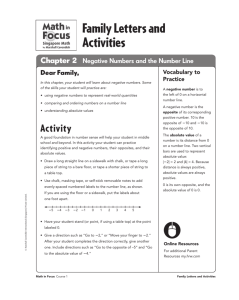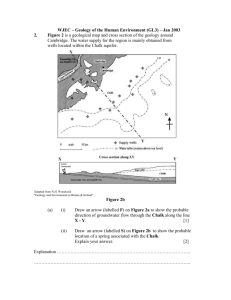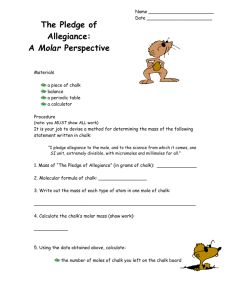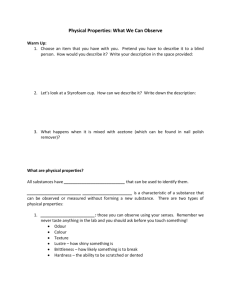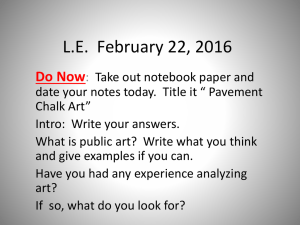International Political Economy: Liberalism, Nationalism, Marxism
advertisement
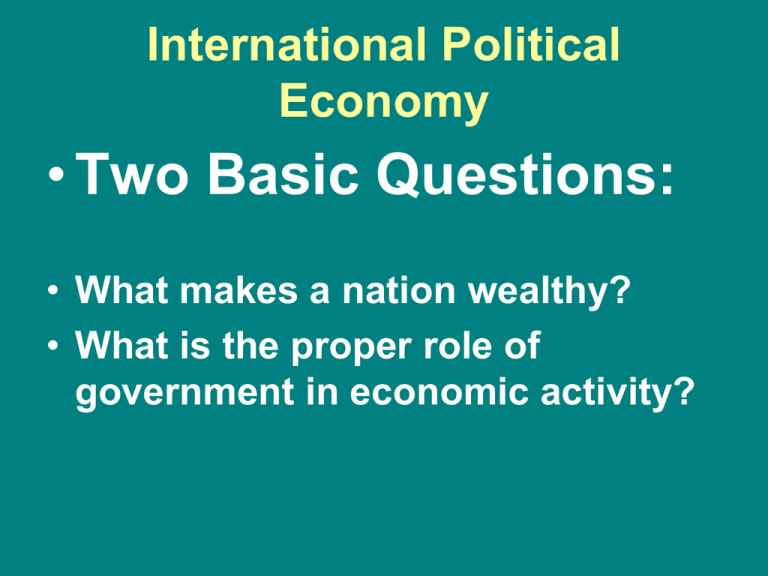
International Political Economy • Two Basic Questions: • What makes a nation wealthy? • What is the proper role of government in economic activity? Three Paradigms Right liberalism Left nationalism structuralism dependency Marxism Right vs. left: amount of government intervention Liberalism • Adam Smith (1723-90; Scotland) Free Trade Government intervention in trade Tariffs, Quotas Non-Tariff Barriers Competition in a Free Market The market for chalk in State A Company A Chalk (State A) $100/box Company B Chalk (State B) $90/box What do you buy? Government Intervention Government of State A imposes 20% tariff on all foreign chalk – aimed at Company B Company A Chalk (State A) $100/box Company B Chalk (State B) $108/box Now what do you buy? Two Worlds Government Intervention Free market • Expensive chalk • Same quality and choices • Chalk prices go down • Quality goes up • Innovation – Colored chalk – Dustless chalk – Sidewalk chalk The Invisible Hand Lamborghini Diablo Dodge Aires K-Car The Invisible Hand at Work The Benefits of Competition Multinational Corporations Premises of Nationalism • States compete economically • Nations with the most advanced economies win economic competition Theorists of Nationalism Friedrich List, Prussia, Alexander Hamilton, 1789-1846 USA, 1755-1804 Hamilton “Report on the Subject of Manufactures” 1791 Industrial power = National = Independence power List Strong Economies • Mature Industries • High quality • Low cost Weak Economies • Infant Industries • Low quality • High cost Do you buy this? Or this? Economic Structuralism • 1. Marxism • 2. Dependency Theory Marxism, Communism • Karl Marx (1818-1883) • Fredrick Engels • The Communist Manifesto 1848 Communism in Power Soviet Union 1917 –20 million deaths in 1950s Lenin Stalin Communism in Power People’s Republic of China 1949 –Estimates from 50-100 million (1949-76) –Mao Zedong
